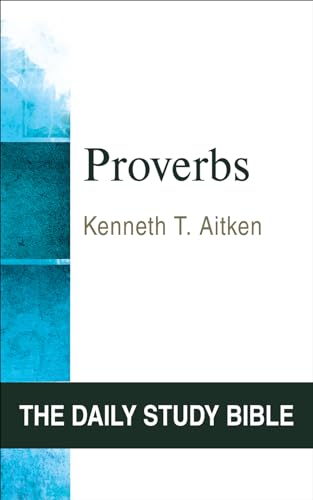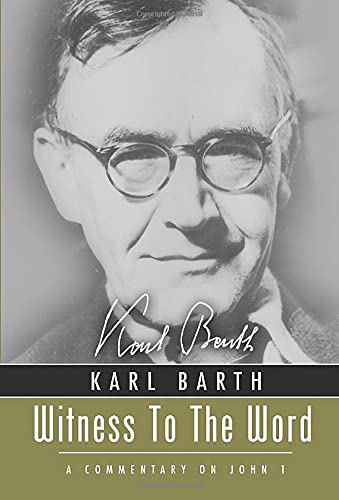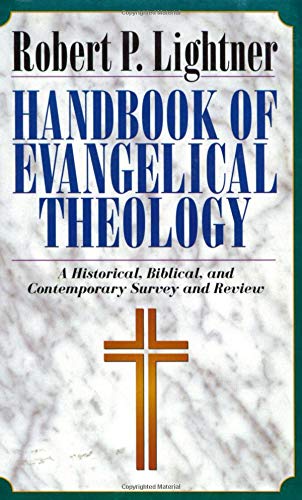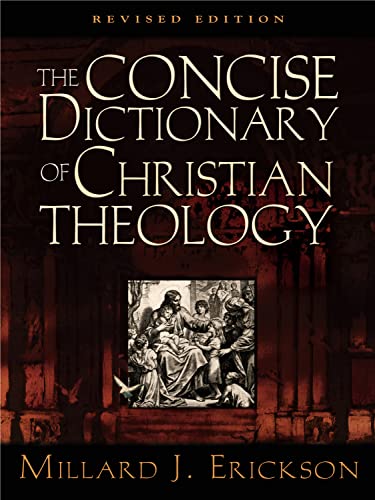Calvin and Scottish Theology: the Doctrine of Assurance
Written by M. Charles Bell Reviewed By Robert LethamIn this revision of his 1982 University of Aberdeen doctoral dissertation, Bell traces what he regards as the decline and fall of Scottish Calvinism, constricted by the rigid legalism of federal theology. Calvin’s doctrine or universal atonement enabled Christ to be the ground of assurance and assurance to be of the essence of faith. He placed grace prior to law and faith before repentance. However, covenant theology soon adopted legal and mercantile concepts, transposing the covenant into a contract with promised benefits and legally binding stipulations. The fresh air of Calvin was replaced by the putrid stench of limited atonement, assurance divorced from faith, introspective self-examination and a voluntaristic emphasis on repentance. With the introduction in the late 16th century of a pre-fall covenant of works, grace was made subordinate to law. Assurance became problematic, for the faithful were exhorted to examine themselves rather than to look in faith to Christ. In short, Scottish Calvinism lost its grasp of the gospel. The Marrow controversy, from 1717, almost righted the pendulum as Thomas Boston and Ebenezer Erskine detected the endemic legalism of federal theology and contended for the unconditional freeness of God’s grace, teaching one unconditional covenant of grace and maintaining, with Calvin, that assurance was of the essence of faith. However, their continued commitment to limited atonement prevented a universal offer of Christ in the gospel and removed the basis for assurance. It was left to John McLeod Campbell (1800–1872) to be the true heir of Calvin and consequently to be deposed from the ministry of the Church of Scotland in 1831. For Campbell, God’s basic attribute is love, not justice. The incarnation of Jesus Christ pre-eminently displays the love of God to all men. As God, Christ reveals the nature of God as pure unconditioned and unconditional love. As man, he offers the perfect response on our behalf to God. The Spirit enables us to participate in the vicarious humanity of Christ. The filial has priority over the judicial. The atonement is therefore the unconditional manifestation of the love of God to all men. Assurance is of the essence of faith. Legalism is exorcised. So was Campbell!
The broad outlines of Bell’s argument are not entirely new. R. T. Kendall, in his Calvin and English Calvinism to 1649, has argued along roughly parallel lines in the case of English Puritanism. James B. Torrance, in various writings, has suggested a broadly similar thesis for the Scottish scene. The reviewer’s own Aberdeen doctoral dissertation focused on 16th-century Reformed theology, both Continental and British, the emergence of diverse notions of covenant and their impact on the doctrine of assurance. Nevertheless, the Scottish terrain has not been described in such detail before. The research is impressive, the style lucid and the argument may be appealing to some. The analysis of the increasingly subjective anthropocentrism of Scottish Calvinism, with its concomitant separation of nature and grace, is well done.
However, one has a number of reservations. Historically, Scotland is considered in isolation from the rest of Europe, whereas in the century and a half after the Reformation there was widespread theological interaction with the Continent, especially in the formative years of the covenant theology which is so integral to the book. As it is, we are given a somewhat misleading and parochial impression. From where did these legalistic notions come? Why did Rollock frame his federalism the way he did? These questions are not explored or even mentioned, yet they are certainly germane.
Theologically, one has more serious questions. Bell’s stress on limited atonement as destructive of the evangelical Christocentrism of Calvin appears as a symptom of a deeper concern. After all, in itself it merely begs the question, for if the universal proclamation of the gospel is hindered and assurance of salvation undermined by the question of whether Christ has died for one, does this not also apply to election, which raises the question of whether one is elect? Bell admits this and Calvin comes under his stricture for ‘his unbiblical stress on the hidden will of God’ which ‘runs counter to the biblical truth that God has fully … revealed himself to us in Jesus Christ as our loving Father’ (p. 32). His agenda is seen to be the removal of particularity and the eclipse of eternity sub specie temporis.
Additionally, Bell’s criticism of the rise of self-examination as a means of assurance would have been more cogent if he had asked how this might have related to the Holy Spirit. If sanctification was seen in pneumatological terms inherent safeguards would have been provided against anthropocentrism. Indeed, if the Spirit in sanctification cannot attest the work of Christ or the Father then has not a pneumatological docetism emerged? Bell does not consider this.
Even more significantly, Campbell’s scheme produces universal election, universal atonement and limited application by the Holy Spirit. The Father chooses all, Christ dies for all but the Spirit applies salvation to some. This is disruption in the doctrine of God. Again, as Bell argues, for Campbell particularity in God’s love would be arbitrary and could not reveal his character (p. 187). Does this not indicate that, for Campbell and for Bell’s analysis, there is a radical disjunction between God’s love and justice, that his will is seen as arbitrary and detached from his love and goodness? One wonders what this does for assurance!
Finally, since Campbell disavows full universalism, in the last analysis the decisive moment of salvation is pushed back onto man’s appropriation of grace, his ‘participation’ in Christ effected by the Spirit. Is this a return to Calvin? We are compelled to suggest that, despite its helpful criticism of legalistic and subjectivistic tendencies in Scottish Calvinism, the theological underpinning of Bell’s interpretation is less than satisfactory.
Robert Letham
Robert Letham
Wales Evangelical School of Theology
Bridgend, Wales, UK







